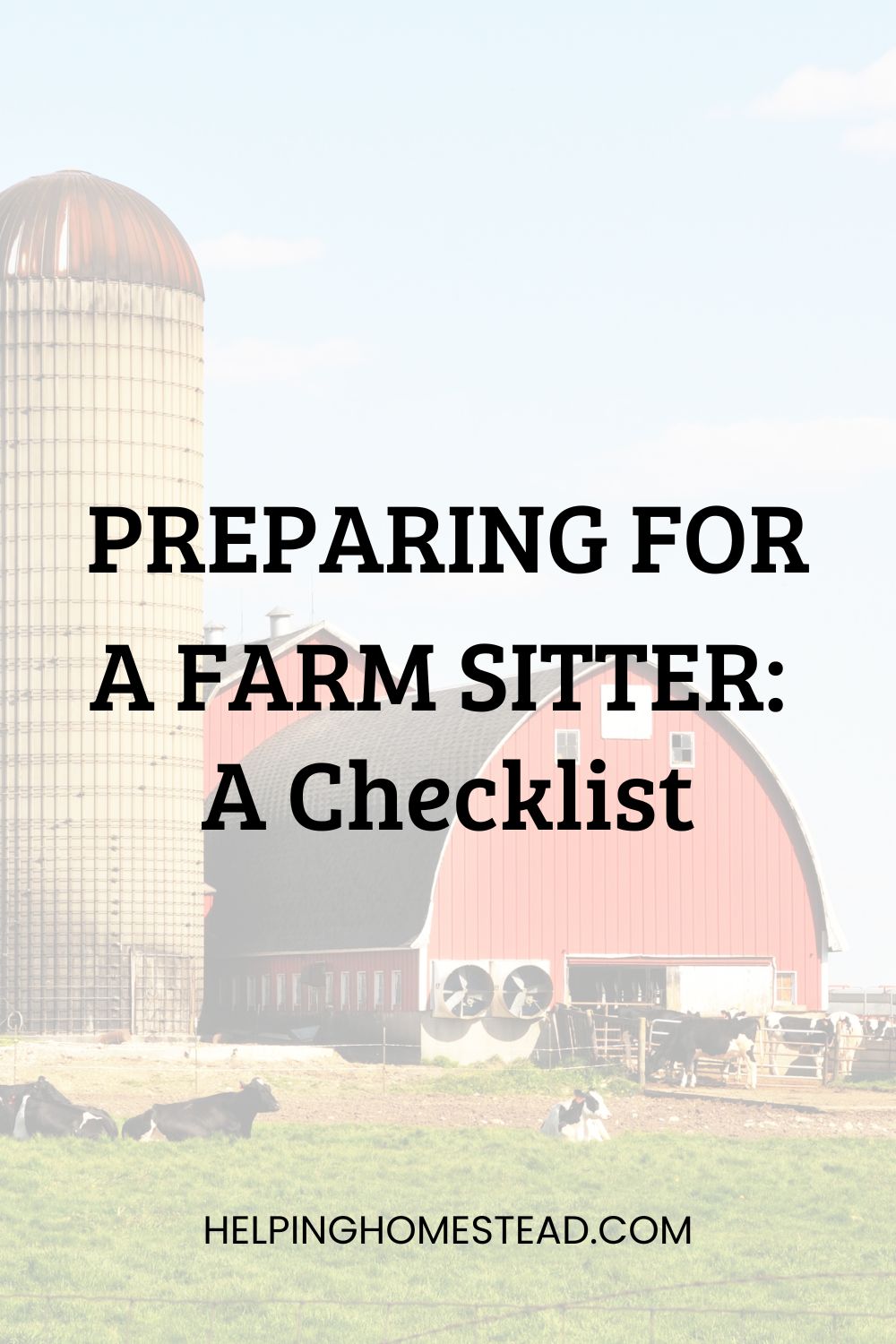Edible Gardens: What you Need to Know Before you Start
.png)
Getting ready to start a garden from scratch or hoping to switch it up this year? Keep reading before you head to the garden store! There are important things to consider that will help you choose plants that will thrive and provide you and your family with amazing produce you grew right on your own property!
When choosing what to plant this year, there are factors regarding location, container type, and even dirt quality that you need to think about. Don’t wait to join helpinghomestead.com so that you have watering covered for your summer vacation and won’t come home to dead plants after all your hard work!
Location, Location, Location
This is two fold - when choosing types of plants and when to plant them, you need to consider your geographical location as well as whether your plants are going into the ground, raised beds, or pots.
Zones
You can do a quick google search to find what planting zone you live in. Many plants and seed packets will have instructions based on zones on the packaging. Some plants can handle a couple late season freezes, but others need it to be warm. Don’t get too excited and plant things too soon!
Where Are you Planting your Garden

Raised Beds vs. In-Ground: Whether you are doing one or the other or both, be mindful of what you choose for raised beds vs straight into the ground.
- Raised Beds: Warmer than in ground which can let you plant a bit soonersome text
- Pro: May keep your plants safer from rabbits or any free range animal on your property.
- Con: Can be expensive to purchase or build and to fill.
- In-Ground: The soil will take longer to warm up, but you will likely have some weeding and tilling to do that you can prepare prior to planting.some text
- Pro: Can be virtually cost free.
- Con: Increased labor includin tilling, composting, weeding, and ensuring good soil quality.
Plant Needs
Sunlight
Is your property wooded and mainly covered in shade? Or does your backyard get baked in the afternoon? Check plants for preferred amounts of sunlight. There are still many things that can grow in shade, but if you’re hoping for a diverse vegetable and fruit garden you’ll want to find some spots with sun or maybe do some tree trimming.
Dirt
Who knew how many important things you’ll need to know about your dirt?! If you are planting for the first time in-ground, you might consider sending in a soil sample for testing. Most local governments offer this for free, you might just have to wait a few weeks. They’ll let you know what’s lacking or any other concerns that will need your attention before planting.
Plant Care
Time to be honest - how much time and effort do you want to put into your garden? No wrong answers here! There are certainly high and low maintenance plants. Don’t forget about how much you’re planting too - 100s of plants might sound amazing until you spend hours watering and weeding every week and don’t end up having that kind of time.
Weeding: Ground covering can help restrict weed growth and maintain moisture in the soil. You can use mulch or weed barriers.
Watering: proximity to a water source is an important consideration if you have a large property. Do you plan on traveling for the summer? Plan ahead and find reliable help at helpinghomestead.com.

Lets Start Growing!
Seed Starts vs. Young Plants

Seed Starts
Pros:
- Low cost
- Extra seeds can last a few years if stored properly
- Observing the entire process and getting to begin gardening before the season starts
Cons:
- You’ll likely need to start inside and purchase a grow light if you don’t have a good window with lots of sun
- Risk involved with the transfer to outside and other mishaps that can result in loss of the plant
- This takes time if you are starting this later in the season and are wanting to have produce soon.
Young Plants
Pros:
- The plant is already established and likely won’t mind the transfer from the store to your garden
- Will produce quickly depending on how mature it is
- Less time consuming! Straight from the store to the garden.
Cons:
- Much more expensive than seeds
- Less variety: even large garden stores won’t offer you the same variety as the aisle of seed packets
- You’ll have to wait until the appropriate time for your zone to plant or risk an early freeze.
Have Fun!
Remember - gardening should be fun! Get the whole family involved, grow things you love to eat, and don’t bite off more than you can chew. I tend to do my best with seeds and whatever doesn’t tolerate the transfer I buy from a local mom & pop garden store. Who can deny the joy of walking around all the plants and flowers and filling up your basket (or dolly)?

Don’t stress about traveling! Join helpinghomestead.com for free and find local, reviewed helpers that can help you water while you’re away. Find that go-to help or apply to help other members of your community.


.png)
.jpg)

.png)